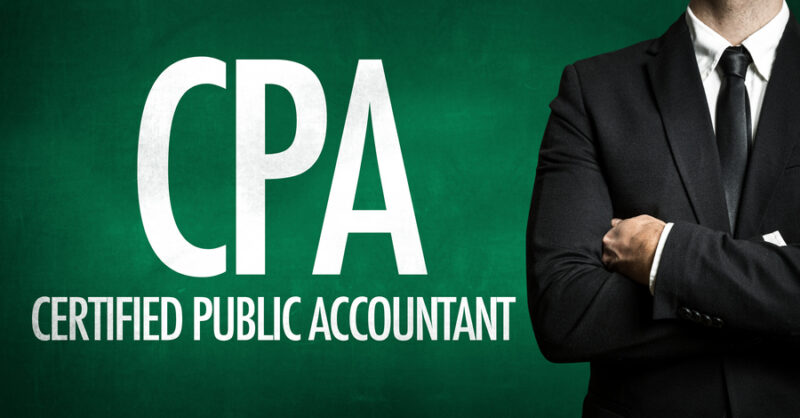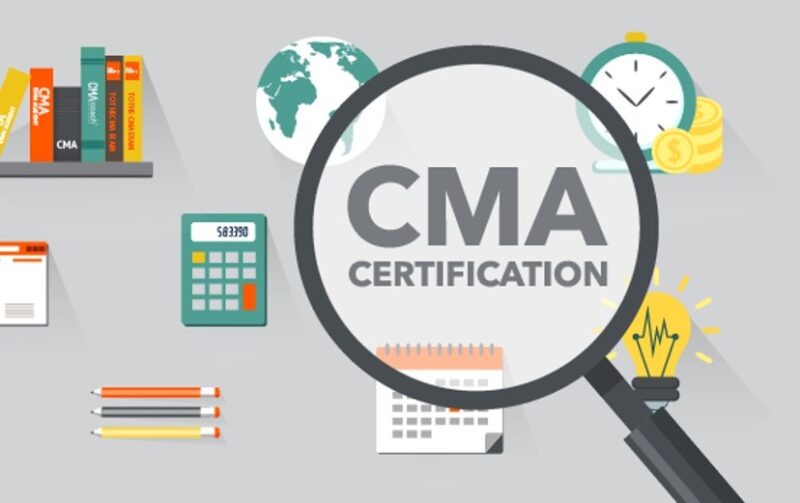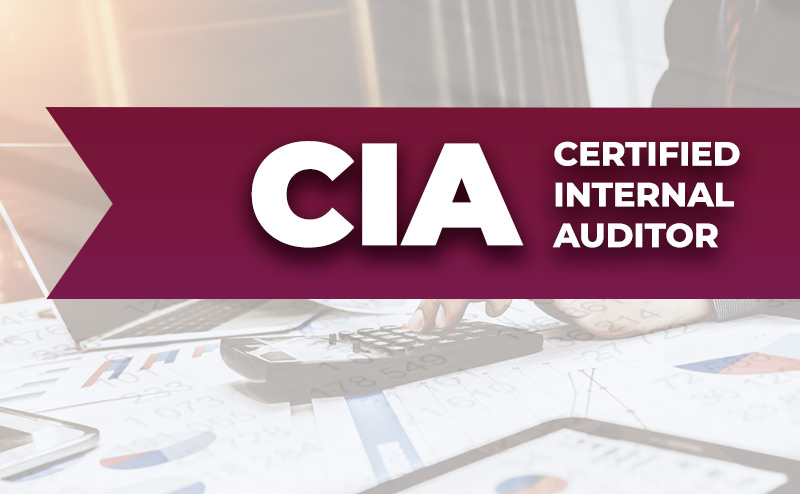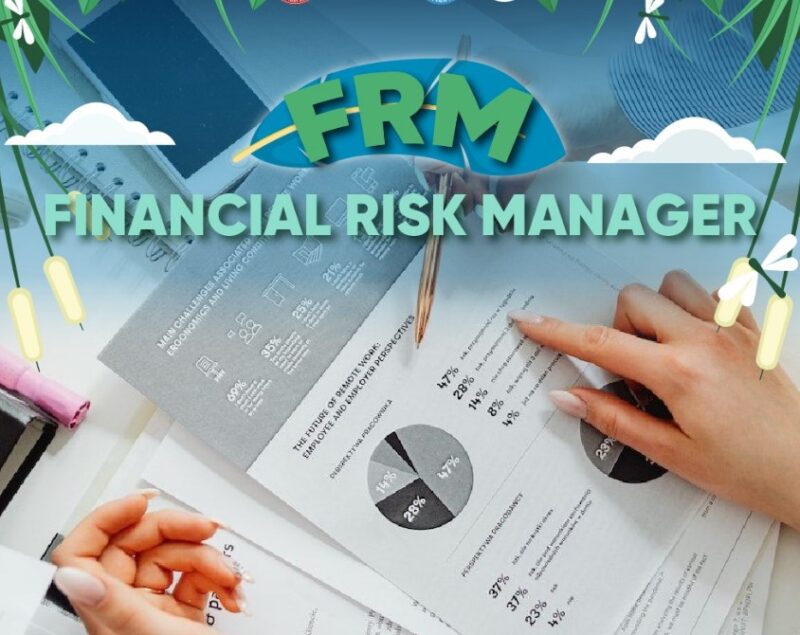
Professionals in finance face a competitive job market in 2025. Employers increasingly focus on certifications as a key indicator of skill, expertise, and commitment. Earning specific credentials can open doors to lucrative roles, career growth, and enhanced credibility in the field.
Key Points:
- Certifications enhance career prospects.
- Employers value specialized expertise.
- Top certifications align with market trends.
- Career growth often depends on credential recognition.
- Global demand for finance experts shapes hiring preferences.
Why Certifications Matter for Career Growth
Earning respected certifications demonstrates mastery in specialized areas of finance. Credentials help differentiate candidates in a crowded market, proving a strong commitment to professional development. Employers actively seek professionals who have gone the extra mile to earn recognition in their field. For individuals considering a credential, resources like Accountancy Capital can provide valuable guidance. Visit www.accountancycapital.co.uk to learn more.
The Most Sought-After Certifications in 2025
1. Certified Public Accountant (CPA)

The CPA remains one of the most prestigious qualifications globally. It offers expertise in auditing, taxation, and financial reporting. Employers seek CPAs for roles requiring strong technical skills.
- Who Should Pursue It?
Ideal for individuals planning to work in public accounting firms or corporations. - Why It Stands Out:
The CPA qualification focuses on high-demand areas like compliance and risk management.
2. Chartered Accountant (CA)
The CA certification is internationally recognized, particularly in Commonwealth countries. CAs specialize in areas such as financial analysis and advisory services.
- Key Benefits:
CAs are highly valued for their deep understanding of global finance systems. - Global Edge:
Employers prefer CAs for roles involving international accounting standards.
3. Certified Management Accountant (CMA)

The CMA credential focuses on management and strategic decision-making, offering a perfect fit for leadership roles.
- Career Opportunities:
CMA professionals often land positions like financial controllers and CFOs. - Specialized Knowledge:
The program emphasizes financial planning and analysis skills.
Certifications Tailored to Specific Needs
4. Chartered Financial Analyst (CFA)
The CFA designation holds immense value in investment management. Its rigorous exams cover topics like portfolio management and equity valuation.
- Why It’s Important:
Employers recognize CFAs as experts in quantitative analysis and financial forecasting.
5. Certified Internal Auditor (CIA)

The CIA certification offers unmatched expertise in internal audit practices, which are essential for maintaining organizational efficiency.
- Focus Areas:
Auditing frameworks, risk management, and compliance processes.
6. Certified Fraud Examiner (CFE)
Fraud detection and prevention have gained prominence. The CFE designation focuses on forensic accounting, making it highly relevant.
- Value to Employers:
CFEs help companies combat fraud, minimize losses, and safeguard financial integrity.
Emerging Certifications for Future-Ready Professionals
7. Financial Risk Manager (FRM)

The FRM credential addresses the increasing complexity of financial risks in a volatile global market.
- Popular Among:
Risk analysts, treasury managers, and professionals in hedge funds. - Key Takeaway:
FRM-qualified individuals are crucial for proactive risk management strategies.
8. Advanced Excel Certification
Although not a traditional accounting qualification, expertise in Excel enhances operational efficiency.
- Benefits for Professionals:
Advanced Excel knowledge improves data interpretation and decision-making.
9. Blockchain and Cryptocurrency Certification
With digital assets growing, professionals with expertise in blockchain accounting and cryptocurrency valuation are highly sought after.
- Industry Focus:
Startups and tech firms pioneering the blockchain ecosystem.
Factors to Consider When Choosing a Certification
Before pursuing a credential, evaluate career goals, industry trends, and personal interests.
- Research market demand for specific certifications.
- Assess the financial investment and time commitment required.
- Consider global recognition and the potential for international job opportunities.
Tips for Balancing Work and Study
Achieving certifications while maintaining a full-time job requires effective planning.
- Set Clear Goals:
Define short-term and long-term objectives. - Time Management:
Allocate fixed hours weekly for study sessions. - Leverage Resources:
Explore online classes, workshops, and mentoring programs. - Seek Employer Support:
Many organizations offer financial aid or flexible schedules for professional development.
Future Trends Influencing Certification Demand
The evolving financial landscape influences employer expectations. Key trends shaping the future include:
- Increased focus on sustainability and ESG reporting.
- Integration of artificial intelligence in financial operations.
- Growing need for cybersecurity knowledge within finance teams.
Conclusion
In 2025, the right certifications will define career trajectories in the finance industry. Employers prioritize candidates with recognized credentials, ensuring they can meet evolving challenges with confidence. Start by identifying the qualifications aligned with your career goals and explore available opportunities. Let professional resources help you navigate the path to success.




